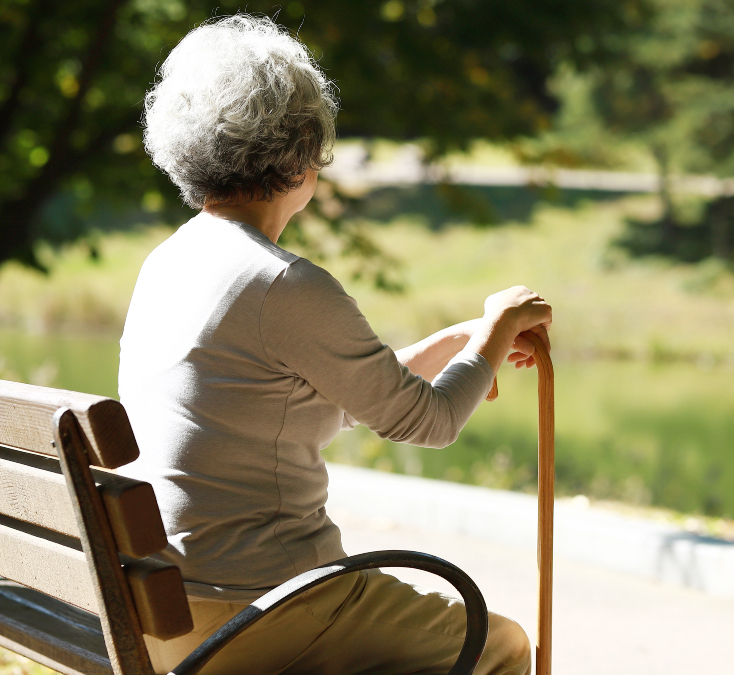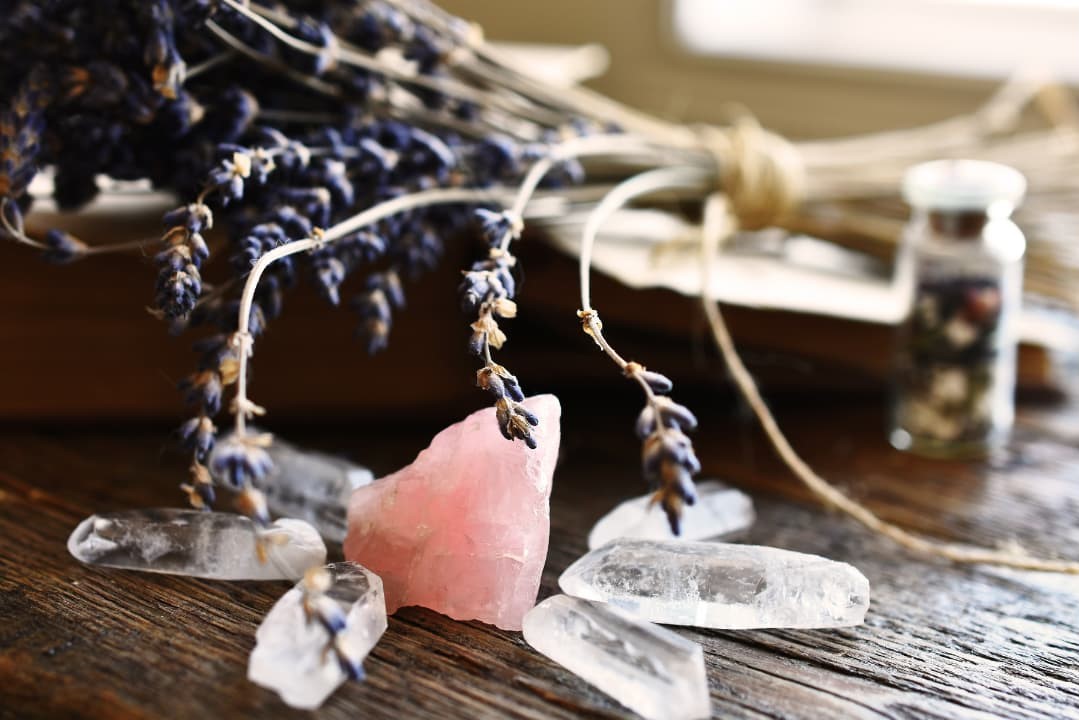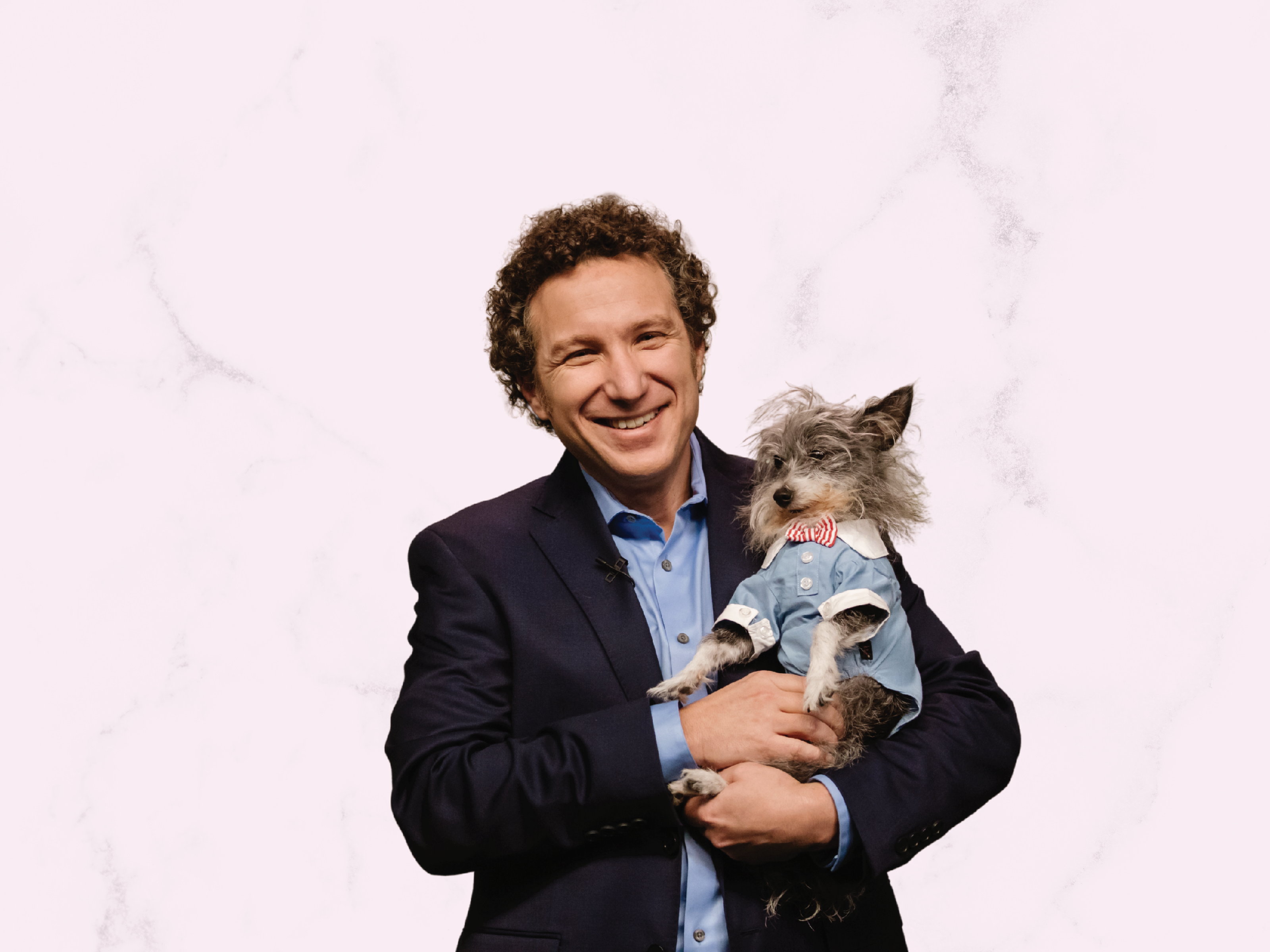Read the full article here.
What is age-related muscle loss?
What’s more, “sarcopenia is characterized by muscle mass loss, muscle weakness and decrease muscle function,” adds Serena Poon, CN, a certified nutritionist and longevity wellness expert. It becomes more common with age. Research in the Journal of Cachexia, Sarcopenia and Muscle estimates that 5-13% of adults age 60-70 and 11-50% of adults 80 and over experience sarcopenia.
How age-related muscle loss affects your health
When you lose muscle, it can limit your mobility. As a result, many of us move less — which only accelerates muscle loss. This can increase your risk of falls and fractures, says Poon. “It’s well known that loss of muscle and strength marks the physical decline in the elderly that puts them at risk for hip and wrist fractures from falls,” adds Dr. Comite. “Without strong skeletal muscle, people become frail, lose their balance and struggle to simply get up out of a chair.”
Sarcopenia can also lead to more serious health conditions. It can increase the risk and intensity of respiratory and cardiac conditions. It can even up the odds of developing diabetes, too.
How a vitamin-rich diet stops age-related muscle loss
“Proper nutrition is essential not only for overall well-being, but functional independence as we get older,” says Ben-Asher. Even if you eat a relatively healthy diet, your nutrition needs change as you get older.
“From fluctuations in hormones to muscle loss, it’s important to constantly be calibrating what makes your body operate at its best,” adds Poon. Translation: Your diet may be lacking in certain vitamins that make maintaining muscle difficult.
What vitamin stops age-related muscle loss?
Just like there is no magic pill for optimal health, both Poon and Ben-Asher say there is a roster of vitamins and nutrients essential for muscle health. However, both agree that if you had to pick one vitamin to focus on that stops age-related muscle loss, it’s vitamin D.
“Vitamin D assists in the absorption of calcium, which is important for bone health and supports muscle function,” says Ben-Asher. Research backs this up. A study in Bone Reports found that low vitamin D levels increases the risk of falls and muscle weakness. And a review in The American Journal of Clinical Nutrition shows that a vitamin D deficiency can lead to sarcopenia.
Why? When you don’t have enough vitamin D, the body can’t properly absorb calcium or phosphorous, another important mineral your bones and muscles need to stay strong. “What’s tricky about vitamin D is that is can be difficult to get enough in a balanced diet,” says Poon. Vitamin D is naturally found in foods such as salmon, trout, tuna, mackerel, eggs and cheese. But if, like many of us, you don’t log enough of those foods in your daily routine, sunshine and supplements can help.
How much vitamin D stops age-related muscle loss?
But what about getting enough of the “sunshine vitamin” during winter or on cloudy days, or if you don’t have time to head outside? Good news: A vitamin D supplement can fill in that nutrient gap. When opting for a supplement, Poon says to look for vitamin D3 (cholecalciferol), which is more effective at increasing vitamin D in the body.
“Another way to boost absorption is by taking nutritional cofactors into consideration,” says Poon. “For example, vitamins D and K have synergistic properties that can boost cardiovascular and bone health.” To this end, you may want to consider taking a supplement combined with vitamin D3 and K2.
More ways to prevent age-related muscle loss
1. Savor whole foods
There’s a link between nutrient insufficiencies and sarcopenia, says Poon. “Eating enough calories that are primarily vegetables, fruits, whole grains, legumes and protein can help protect and preserve muscle health,” she adds.
How to sneak more whole foods into your diet
This tricks from Poon make it easy to get more muscle-building whole foods.
- Lean on frozen veggies. “When you’re ready to eat them, just place them on a baking sheet, drizzle with oil — I prefer avocado oil — and Himalayan sea salt and roast for about 15 to 30 minutes, until crispy and brown. I also love adding garlic and fresh herbs for extra flavor.”
- Puree vegetables. Then use them as a base for sauces, soups, dips and vinaigrettes. “This kind of base reduces the need for added fats and sugars.”
- Make a ‘whole foods shelf’. On it: brown rice, quinoa, oats, canned beans, nuts, seeds and frozen fruits and vegetables. “Having these items readily available makes it easier to create healthy meals,” Poon explains.
Two whole foods recipes Poon likes: Her high-protein vegan white bean salad for an easy, plant-based dinner. It provides protein and fiber, along with antioxidant-rich tomatoes and immune-boosting herbs and spices. For a vitamin-packed dish, she likes this kale salad. “You’ll fill up on vitamins A, C, potassium, calcium, magnesium, fiber and free radical-fighting antioxidants,” she says.
2. Don’t skimp on protein
“Protein is the building block of muscles,” Poon says. “As we age, it may be necessary to increase protein intake to maintain protein synthesis,” or the process which cells make proteins for growth, movement and other cell functions.
3. Drink up
In need of some motivation to drink more? Try adding natural flavors to your water, such as infusing lemon, fresh berries or cucumber slices. “Let the water infuse for a few hours, or even overnight in the refrigerator, to allow the flavors to fully develop,” says Poon.





